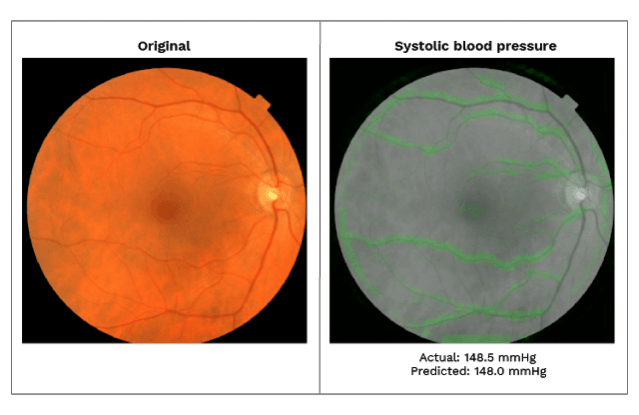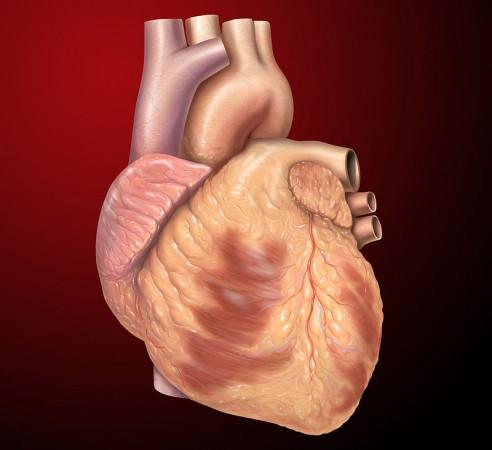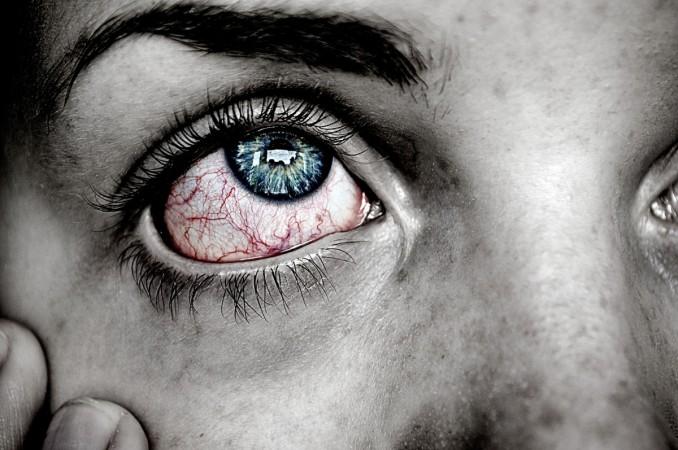![A woman is seen posing here [Representational image] A woman is seen posing here](https://data1.ibtimes.co.in/en/full/680714/woman-seen-posing-here.jpg?h=450&l=50&t=40)
With technological advances in medical and health industry, there are several breakthrough techniques to monitor one's health in a more seamless fashion than what we follow today. And now, Google and its health-tech subsidiary Verily are claiming a breakthrough in predicting a heart attack risk by just looking into the eyes.
Sounds superficial? Well, it's a tested and proven method backed by Google's advanced artificial intelligence (AI) and machine learning in a project led by Alphabet's health-tech subsidiary Verily. The role of AI and machine learning in making human lives easier is conventional, but using the advanced technology tools to have a lasting impact on human health is certainly a breakthrough.
In this case, Google's Verily is using eye scans to accurately predict an individual's age, blood pressure, and whether or not they smoke. Using this data, the company's software can predict the risk of cardiovascular diseases such as heart attack or stroke. All this with the same accuracy as the current methods of testing, which include drawing blood or other invasive procedures.
"Traditionally, medical discoveries are often made through a sophisticated form of guess and test — making hypotheses from observations and then designing and running experiments to test the hypotheses. However, with medical images, observing and quantifying associations can be difficult because of the wide variety of features, patterns, colors, values and shapes that are present in real images," researchers noted in a paper (PDF) published in the Nature journal Biomedical Engineering on Tuesday.

"Our approach uses deep learning to draw connections between changes in the human anatomy and disease, akin to how doctors learn to associate signs and symptoms with the diagnosis of a new disease. This could help scientists generate more targeted hypotheses and drive a wide range of future research," researchers added.
By predicting cardiovascular risks early, Google and Verily are not trying to replace doctors. The new technique serves as an extension to the current diagnostic tools, but at an earlier stage for a better treatment plan.
Researchers at Google and Verily used machine learning to analyze data of nearly 300,000 patients and accurately predicted cardiovascular risk factors using retinal images in two datasets of 12,026 and 999 patients. Those eye scans helped train the networks on which tell-tale signs led to indicate long-term cardiovascular risk.

Can you ask your hospitals to test you using this technique?
As successful as the research has been, it's still in early stages. Michael V McConnell, head of Cardiovascular Health Innovations at Verily, said that the research needs more work and a larger patient database to validate these findings before it's ready for clinical testing. But it's a promising, non-invasive evaluation for your health that might one day become a norm for cardiovascular testing.
Why the eye?

In case you're wondering why Google and Verily chose retinal imaging for this breakthrough medical advancement, the rear interior wall of an eye called the fundus is jammed with blood vessels that reflect the body's overall health. By closely inspecting an individual's eye scans, doctors can tell individual's blood pressure, age, and whether or not they smoke, which in turn help in predicting cardiovascular health. What Google and Verily are doing here is automating that process for better, quicker results.
Share your thoughts on this breakthrough medical research in the comments below.








